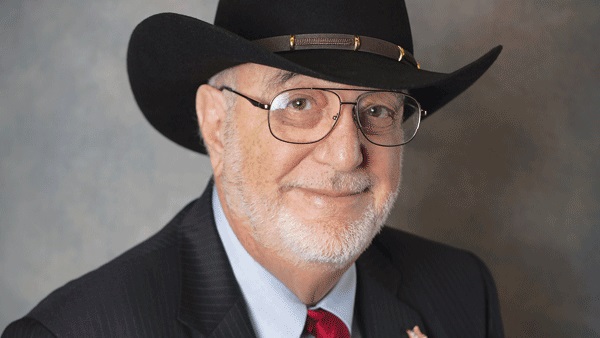Insurance claims expert Barry Zalma wrote an excellent article that should be read by everybody in the insurance claims field, Excellence in Claims Handling: How to Create an Excellence in Claims Handling Program. The article is a call for change for many claims organizations.
Here are portions of the article that describe and reiterate many of the current underlying problems in claims handling, including unprofessional claims staff.
In search of profit, insurers have decimated their professional claims staff. They laid off experienced personnel and replaced them with young, untrained, unprepared people. A virtual clerk replaced the old professional claims handler.
Process and computers replaced hands-on human skill and judgment. Money was saved on the expense side of the business by paying lower salaries. Within three months of firing the experienced claims people gross profit increased. The accountants were happy. The quarterly profits increased. None of the happy people were insurance professionals. None of them understood how a professional claims adjuster saves the insurer by establishing a fair amount of loss, avoiding payment for items not lost or overvalued, and by avoiding losses for which no coverage was provided by the policy….
The professional claims person is an important part of the insurer’s defense against litigation by insureds against insurers for breach of contract and the tort of bad faith. Claims professionals resolve more claims for less money without the need for either party to involve counsel. A happy claimant satisfied with the results of his or her claim will never sue the insurer.
Incompetent or inadequate claims personnel force insureds and claimants to public insurance adjusters and lawyers. Every study performed on claims establishes that claims with an insured or claimant represented by counsel cost the insurer more than those where counsel is not involved.
Prompt, effective, professional claims handling saves money for both the insured and the insurer and fulfills the promises made when the insurer sold the policy.
Insurers who believe they can handle first or third party claims with young, inexpensive, inexperienced and untrained claims handlers should be accosted by angry stockholders…. When an insurer compromises on claims staff, profits, thin as they may have been previously, will move rapidly into negative territory. Tort and punitive damages will deplete reserves. Insurers will quickly question why they are writing insurance. Those who stay in the business of insurance will either adopt a program requiring excellence in claims handling from every member of their claims staff, or they will fail.
Insurance is a business. It must change — this time for the better — if it is to survive. It must rethink the firing of experienced claims staff and reductions in training to save ‘expense.’ Insurers should, if they wish to succeed, adopt a program to promote excellence in claims handling that can help insurers keep the promises made by the insurance policy and avoid charges of breach of contract and the tort bad faith…
Insurers must understand that they cannot adequately fulfill the promises they make to their insureds and their obligations under fair claims practices acts without a professional, well trained and experienced claims staff. An insurer must work vigorously and intelligently to create a professional claims department or recognize it will lose its market and any hope of profit.
Insurance claims professionals must be people who:
- can read and understand the insurance policies issued by the insurer;
- understand the promises made by the policy and their obligation, as an insurer’s claims staff, to fulfill the promises made;
- are competent investigators;
- have empathy for those presenting a claim and recognize the difference between empathy and sympathy;….
- understand how to repair damage to real and personal property and the value of the repairs or the property.
An insurer whose claims staff is made up of people who are less than professional will find itself the subject of multiple instances of expensive, counterproductive claims disputes, excessive claim payment and litigation.
A first party property adjuster who cannot measure a fire damaged room, determine whether the wall was made with lath and plaster rather than dry wall, who includes windows and doors in the estimate of the square footage of dry wall and paint needed in the repair, will invariably pay too much to settle a claim….
If you are a professional in the property insurance claims business, I suggest that you do what I did and sign up for the upgraded paid subscription to How To Create an Excellence in Claims Handling Program.
Thought For The Day
Insurance is, by definition, a business of the utmost good faith. This means that both parties to the contract of insurance must act fairly and in good faith to each other and do nothing that will deprive the other of the benefits the contract of insurance promised.
Without the covenant of good faith and fair dealing and ethical people who work in the insurance industry applying and fulfilling the covenant, insurance is impossible. One cannot act fairly and in good faith without being a person with a well-formed ethical compass.
—Barry Zalma




